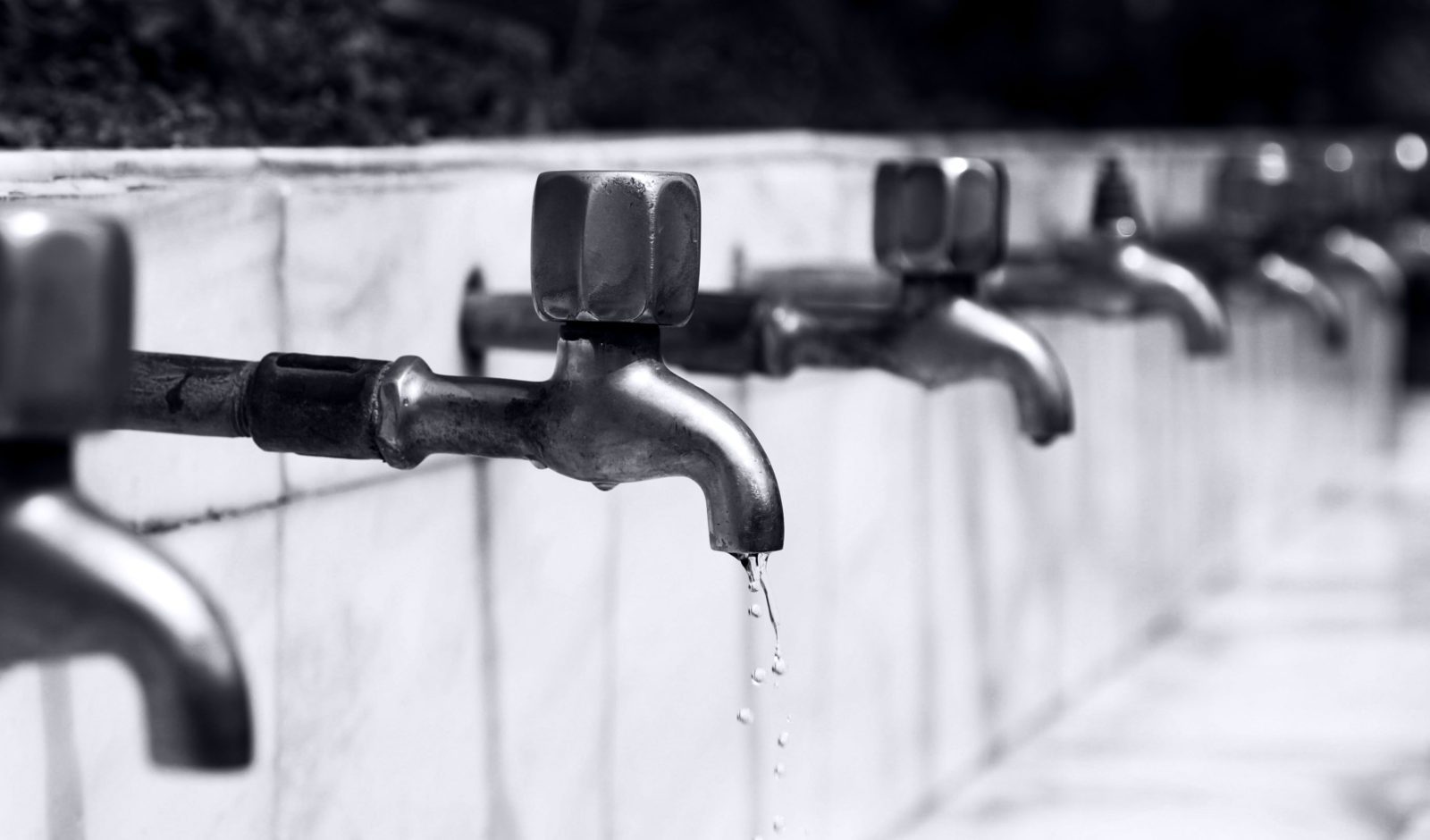The Czech government plans to lower the value-added tax (VAT) on tap water to 12%, provided it is not flavored with juice, syrup, or added fruit. The proposed measure is part of a government package to consolidate public finances. Mineral and baby waters and coffee with milk or cream will continue to be taxed at the standard rate of 21%.
While food and dining in restaurants are subject to a reduced 12% VAT, all non-alcoholic and alcoholic drinks, including draft beer, will be taxed at 21%, regardless of whether the glasses are ordered with food.
The only exception to the standard VAT rate for drinks will be tap water, which will be eligible for the reduced tax rate. However, it must not be flavored in any way. “In the case of serving so-called tap water, the reduced tax rate will be applied only if it is not flavored (for example, with juice, syrup, sweetener, another drink, or added fruit). For example, ice slush made from tap water and flavored with syrup will be subject to the standard tax rate,” states the reasoning behind the proposal.
The Ministry of Finance has accepted a suggestion to include plant-based milk in the reduced rate along with cow’s milk but rejected proposals to include baby diapers or menstrual products.
The Czech Union of Commerce and Tourism demanded the inclusion of mineral and baby waters in the standard VAT rate. A resort in the material also added that adding decorations to a glass or cup of tap water, such as a mint leaf, would not affect the application of the reduced tax rate.
All other non-alcoholic drinks, such as tea, chocolate drinks, coffee, and plant-based milk alternatives, will be subject to the standard 21% VAT rate, regardless of the amount of tap water, milk, liquid dairy products, or plant-based milk alternatives added.
“In this way, the standard tax rate will apply to, for example, coffee with milk (espresso macchiato, latte macchiato, flat white, etc.), tea, alcoholic or non-alcoholic beer, fruit and vegetable juices, mineral water, and lemonades, including homemade lemonades (even those made from tap water),” explained the Ministry of Finance.
In the original proposal, only cow’s or goat’s milk was expected to be exempt from the standard VAT rate. However, plant-based alternatives, such as soy drinks, nut drinks, cereals, and seed-based options, such as hemp milk, will now be included in the reduced rate. Flavored versions of beverages, such as milk with honey or milkshake with ice cream, will also be included in the reduced rate.
The inclusion of menstrual products, such as tampons and pads, in the reduced VAT rate was proposed by government commissioner for human rights Klára Šimáčková Laurenčíková. Comments suggested that women from low-income groups are at risk of “menstrual poverty” when they cannot afford to provide themselves with these products.
The Ministry of Finance responded to the comments it did not accept, stating that they aim to change the consolidation measures, and the proposed measures exceed the scope of the proposed compromise agreed upon by all government parties. The standards aim to reduce the state’s budget deficit, the office wrote in the material’s introduction, where it addresses the comments.





